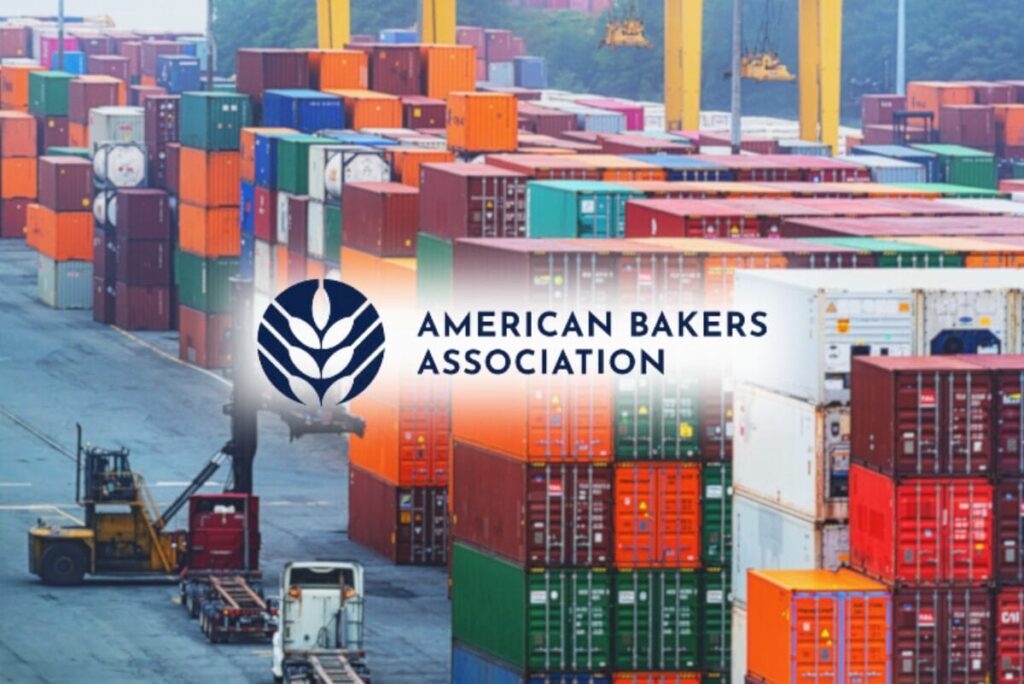Update: On Oct. 4, dockworkers reached a tentative agreement and will extend their existing contract until Jan. 15. “We hope the port operators and longshore workers are able to reach an agreement beyond January that will keep supply chains stable and certain for the long term.” — Eric Dell | president and CEO | American Bakers Association
WASHINGTON, DC — As the International Longshoremen’s Association’s port strike along the East and Gulf Coasts enters its third day, the American Bakers Association (ABA) expressed its concern over the impact a prolonged work stoppage could have on the commercial baking industry. The strike, which comprises 45,000 workers, has shut down all container ports on the two coasts.









